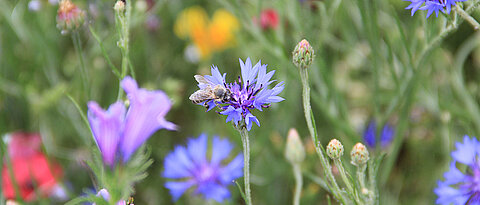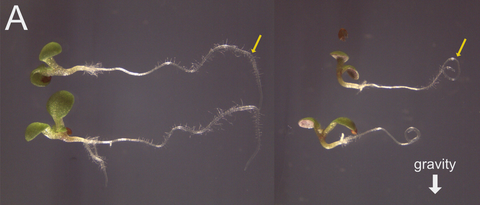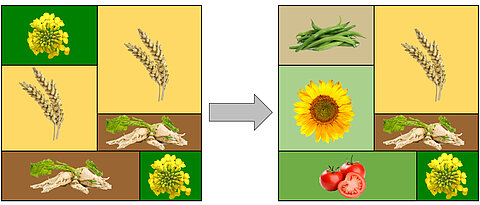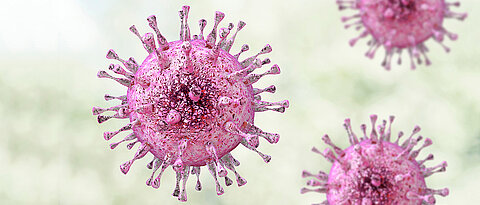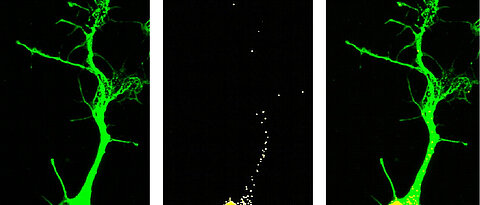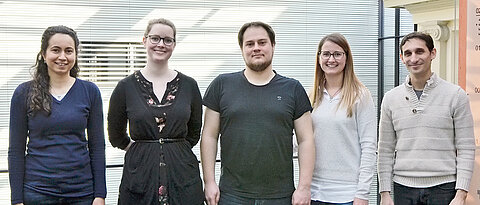From Würzburg into the world
03/31/2018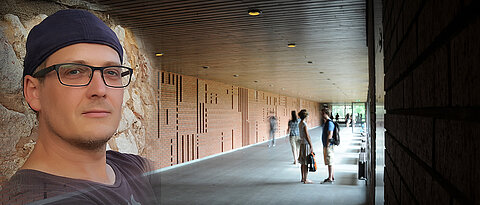
A non-stop party occasionally interrupted by study: This is how Krischan Lehmann remembers his time at the University of Würzburg. Today, he is in charge of the digital section of multimedia company Condé Nast in Munich.
more

